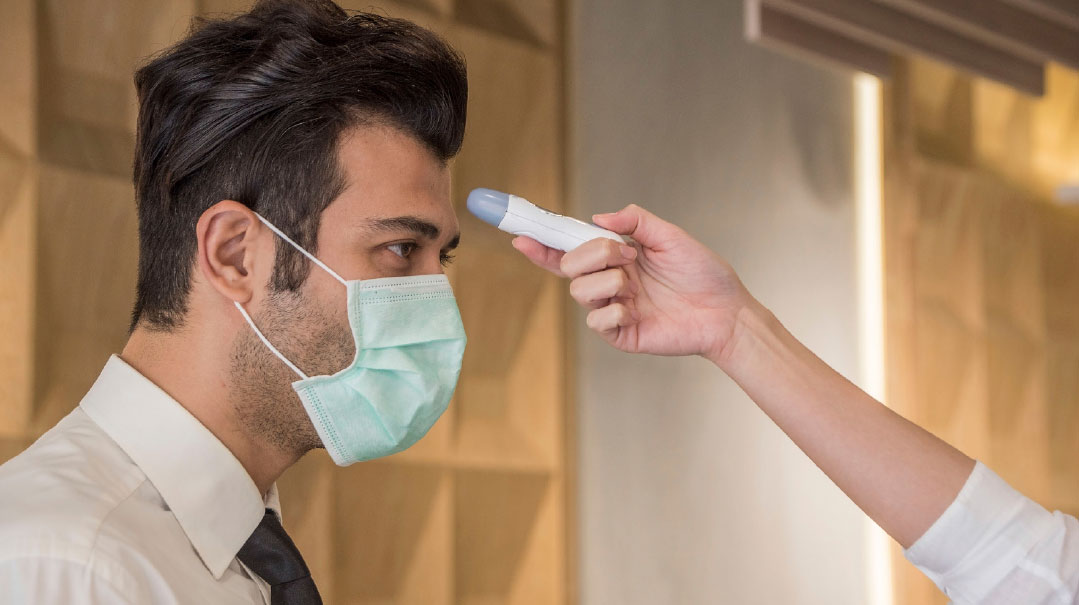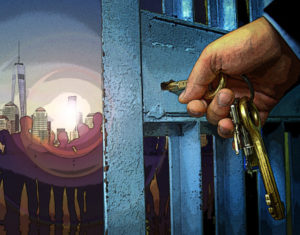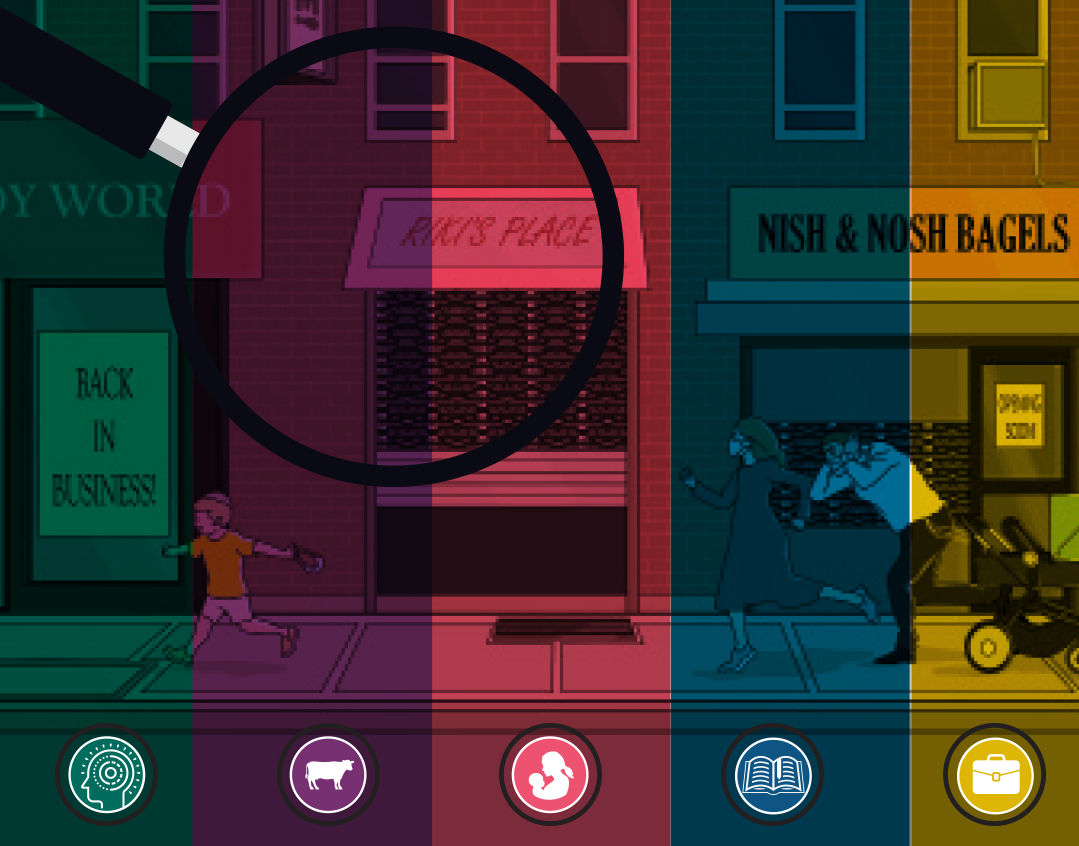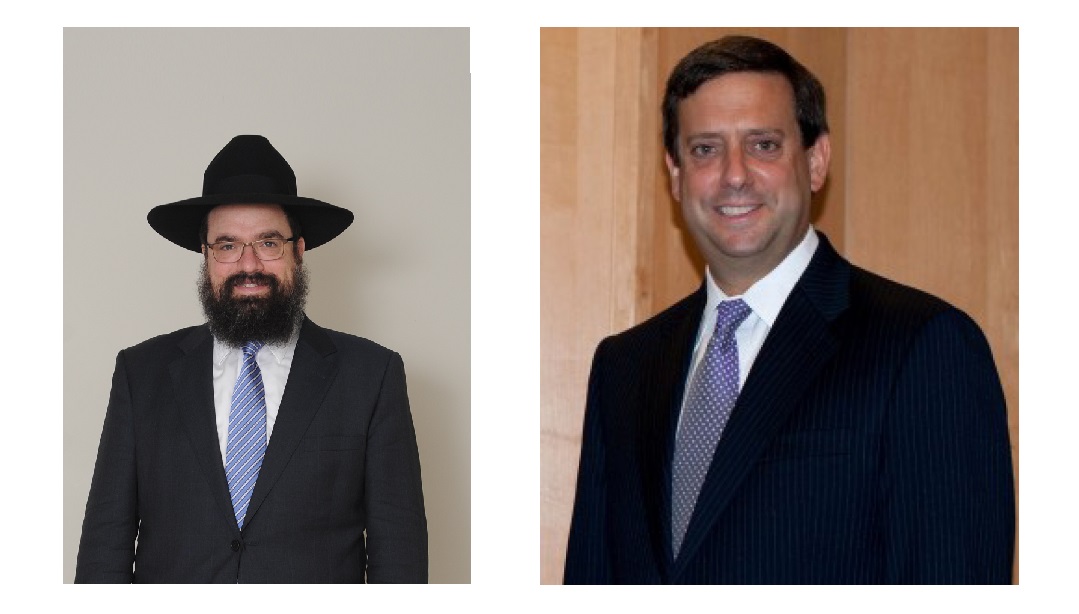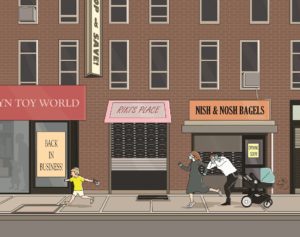The Battalion of Bnei Brak

Boots on the ground in Bnei Brak lockdown
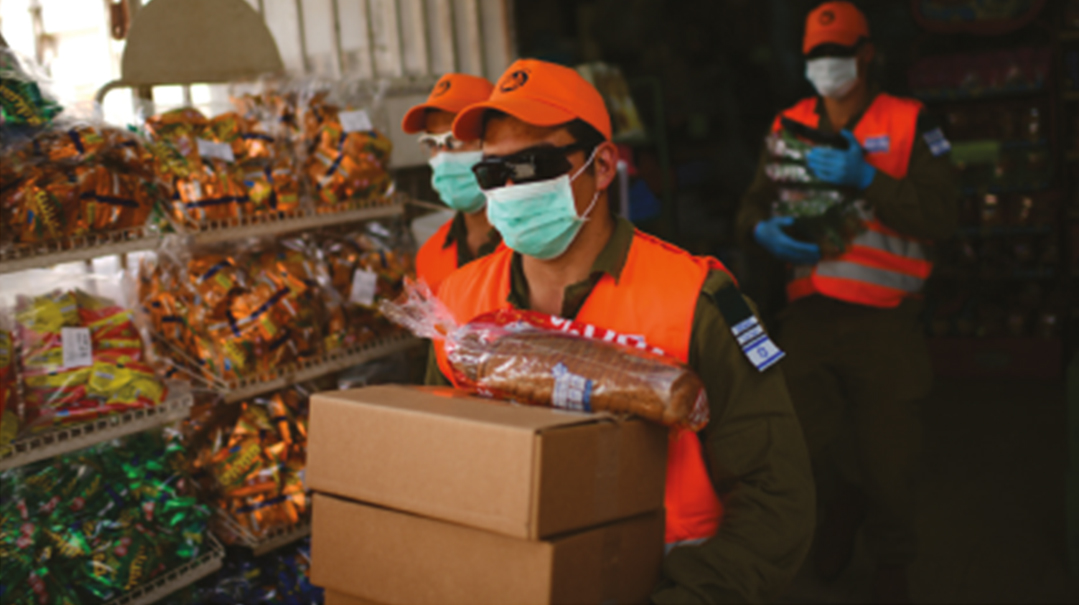
I
t’s unusual to see Israeli soldiers walking the streets of Bnei Brak. The chareidi stronghold sees very few of its youth serve in the armed forces.
But then Bnei Brak was hit hard by the coronavirus, with one of every 86 residents infected according to the latest figures. Two weeks ago, the Israeli government decided to close off the city entirely to staunch the spread of the infection and protect its residents. That’s when the army came marching in.
A battalion from the Commando Brigade and a battalion from the Paratrooper Brigade, part of the 98th Division, helped to map out the location of sick patients and distribute food. These were soldiers who were recruited less than six months ago had only completed basic training. In fact, the soldiers’ advanced parachuting training was interrupted to serve in Bnei Brak.
The IDF operated with restraint and respect toward residents, according to multiple sources. Outside the city, the IDF established a giant logistical center, and the army delivered aid wearing the orange vests of the Home Front Command over their uniforms. In accordance with lists they received from the municipality, they went from house to house, delivering mehadrin kosher food near the entrances. The soldiers were explicitly ordered not to enter any homes out of fear of infection.
Though it wasn’t military training, the soldiers worked hard. They climbed up stairways carrying heavy packages, bringing food and aid to hungry and isolated families. There were families with many children who asked soldiers if they could also receive food, because they had run out. The soldiers could only tell them to call the city hotline, per instructions. But soldiers admitted that it pained them to be unable to help.
The immense groundswell of gratitude with which the soldiers were received, as well as the growing need, led to a decision to increase the aid. “In the second week we brought in 80 semitrailers with 1,000 tons of equipment,” Colonel Yuval Gaz, commander of a paratrooper brigade, told reporters. “We brought food to 12,000 households, out of our desire to get to every place where help was needed.”
The soldiers demonstrated great resourcefulness in conveying supplies to the civilian population. Bnei Brak is crowded, but the army has dealt with transporting heavy equipment through narrow alleyways in the past. Robots designed for service in the alleys of Shechem and Jenin were used instead for a shlichus mitzvah, helping to deliver food packages to Bnei Brak residents.
Late last week, the total lockdown was eased: Public transportation is still banned, but residents may leave the city, though they are encouraged to do so only if necessary. In an interview from his office at Bnei Brak city hall, Mayor Avraham Rubinstein said he appreciated the army’s efforts.
“[The army] brought a select, capable team, and they and the municipality workers are doing a fantastic job,” he said. “Residents are following the instructions. It’s clear to everyone now that there’s no point in walls and roadblocks. The city’s totally quiet. The streets are empty and there’s little transmission because people are staying home. At the same time, we’re removing carriers from their homes to [quarantine] hotels. [The army’s] team set an example of professionalism dealing with the issue, and their methods are being replicated in other cities.”
As of this writing, 600 Bnei Brak residents have been transported to hotels, and there are another 1,200 patients on their way. “All the great gedolim in Bnei Brak put their signatures on a letter requiring every infected person in Bnei Brak to cooperate with the authorities,” Rubinstein said.
“It’s isn’t easy to ask people to leave their homes and go to a hotel until they recover,” he added. “People are worried about conditions there. We explain to them that it’s for their good and the good of their family. Meals there are mehadrin kosher. Medical teams follow patients’ progress and treat them if necessary. Gradually people are understanding the situation and agreeing to be evacuated to the hotels. I hope this trend continues and we can avoid a second lockdown of the city.”
Message Received
The government’s decision to impose a lockdown on Bnei Brak, which was supported by Interior Minister Aryeh Deri and Health Minister Yaakov Litzman, was intended to forestall a very high rate of infection in the city. Deri revealed that Prime Minister Netanyahu told him that chareidim accounted for 60% of corona cases across the country.
We heard much the same from Litzman: “It was imperative to separate the sick from the healthy in Bnei Brak,” he said. “We opened the corona hotels to give the sick a place to go.”
Indeed, according to Litzman, the general impression that chareidi communities were slow to adopt the new regulations is accurate. “There was a problem among the chareidi community, which we identified from the start, in internalizing the advice of the professionals,” he said. “In terms of corona, that delay was costing lives.”
That’s why, he said, he and minister Deri agreed to the lockdown on Bnei Brak. And once that happened, the public grasped the enormity of the situation and started obeying the directives.
“We see that it affected — and continues to affect — everyone’s behavior,” he said.
Lockdown Largely Lifted in Jerusalem
Like in Bnei Brak, 17 Jerusalem neighborhoods hard hit by the coronavirus had been placed under closure. On Monday, the government decided to lift those restrictions with the exception of four neighborhoods — Geula, Meah She’arim, Beit Yisrael, and Mussarra. In those places, residents will only be allowed to leave for work, receive essential medical care, attend family funerals, and deal with other essential needs.
According to Yehuda Avidan, who coordinates treatment in the chareidi sector on behalf of the Interior Ministry, the chareidi public in Jerusalem has resisted going to quarantine hotels. “We ordered 250 dishes for a hotel and only three people came.”
He says patients claim the hotels are unsuitable because there are televisions in the rooms, and the food does not meet their kashrus standards.
(Originally featured in Mishpacha, Issue 807)
Oops! We could not locate your form.







